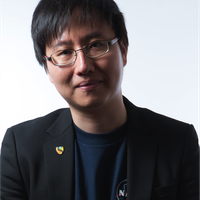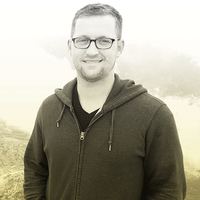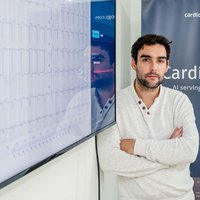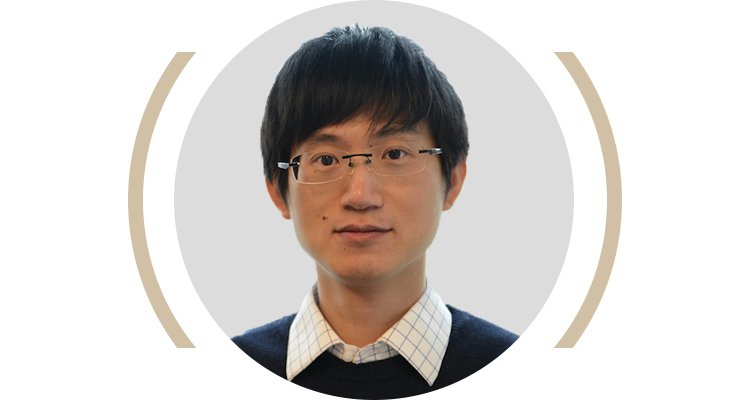Biotechnology & medicine
Sidi Chen
New tools for genetic engineering and immune engineering to tackle cancer and improve treatment methods

Global
Humsa Venkatesh
She discovered a secret to cancer growth that could lead to a new class of drugs.

Asia Pacific
Chun-Hao Huang
Merging functional genomics and artificial intelligence for disease detection and treatment.

Global
Will McLean
Hearing loss in humans has always been irreversible. His innovation may change that.

Europe
Yann Fleureau
His AI analyses electrocardiograms as well as a doctor, and democratises access to them
